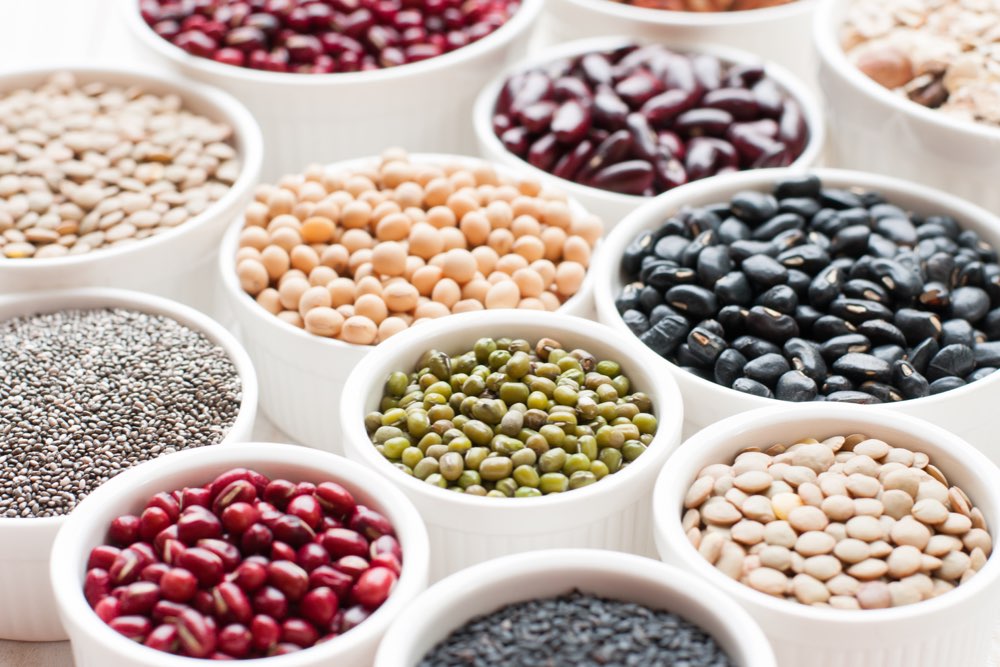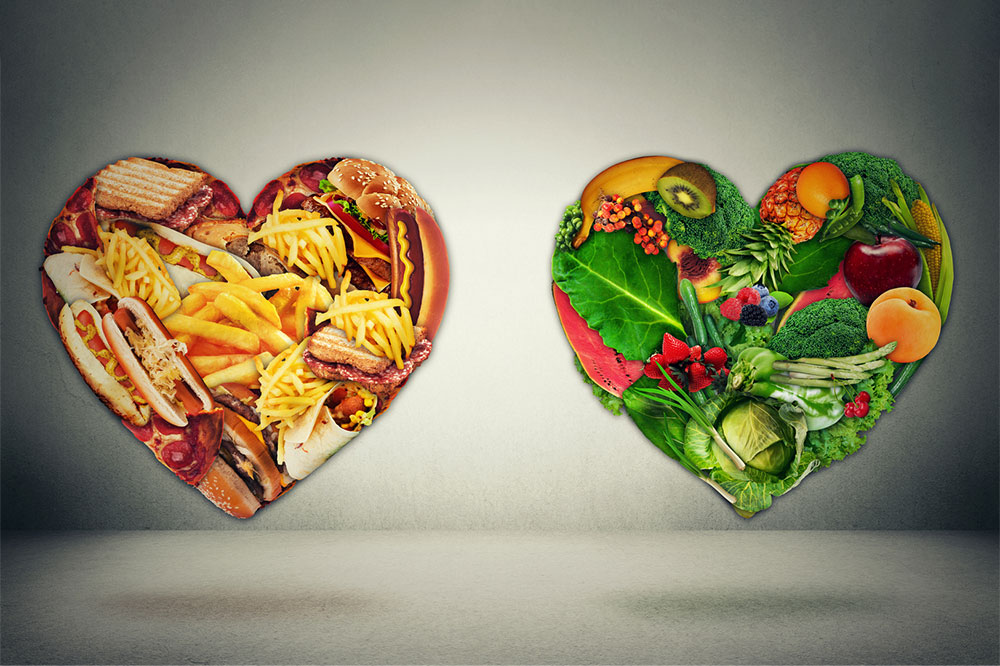8 foods that help fight colon cancer

Colon cancer develops when there’s uncontrollable and abnormal cell growth in one’s colon or rectum, which invades and damages other healthy tissues. Since it originates in one’s intestines, colon cancer severely affects one’s ability to digest food and eliminate waste. According to the American Cancer Society, bad eating habits and an unhealthy lifestyle increase one’s chance of developing it. But some superfoods can help improve gut health and manage the disease better.
Berries, black plums, grapes, and pomegranates
Black plums, red and black grapes, and pomegranates contain anthocyanins. Similarly, berries, including black elderberries, blueberries, raspberries, blackberries, chokeberries, and strawberries, are excellent sources of anthocyanins and antioxidants. Anthocyanins help in slowing cancer cell growth and increasing tumor sensitivity to chemotherapy. They are also highly nutritious and fibrous, which boosts digestion.
Apples and bananas
Constipation and diarrhea are two of the early signs of colon cancer. Fruits like apples, oranges, pears, and bananas are rich sources of fiber that can help regularize one’s bowel movements and improve gut health. Cancer also causes chronic weakness in patients since the cancer cells consume abnormal amounts of energy and stress out the digestive system. So, fruits can help since they give an instant energy boost and are easier to digest.
Brown rice & oatmeal
Another fiber-rich food category is whole grains, including quinoa, brown rice, barley, and oats. These foods are rich in more colon-friendly vitamins, minerals, fiber, fatty acids, antioxidants, and phytochemicals.
Beans and legumes
Soybeans, peas, pinto beans, lentils, kidney beans, and black beans are rich in proteins, fiber, vitamin E, and vitamin B. They help in maintaining one’s cholesterol and blood sugar levels, which can spike abnormally if one’s suffering from colon cancer.
Carrots
Carrots contain beta-carotene and other nutrients that can stop the development of cancerous cells.
Kale, broccoli, and other cruciferous vegetables
The American Diabetes Association advises placing a focus on non-starchy and cruciferous vegetables like cabbage, lettuce, cucumbers, celery, cauliflower, okra, kale, and broccoli. These foods reduce one’s risk of developing type 2 diabetes, a condition that is another risk factor for colon cancer. Their sufficient level of sulforaphane also improves one’s immunity.
Nuts
Nuts like cashews, hazelnuts, pistachios, almonds, and macadamia are known to reduce the risk of cancer recurrence. Consuming an ounce of nuts each week can maintain healthy insulin and blood sugar level, which can lead to type-2 diabetes and then to colon cancer if left untreated.
Fish
Baked or smoked salmon, tuna, and sardines contain vitamin D and calcium. Additionally, they are rich in omega-3 fatty acids, which ease inflammation in one’s body, enhance heart health, and stop the growth of new cancerous cells. A recent Vanderbilt University study showed that those who consume three servings of fish every week lowered their risk of colon polyps by about 33 percent.
Food choices can help lower the risk of colon cancer, but if one experiences any early signs of the disease, it’s advisable to consult healthcare professionals immediately and seek a personalized treatment plan if one experiences early symptoms of the disease.






